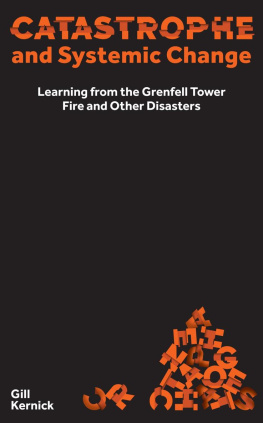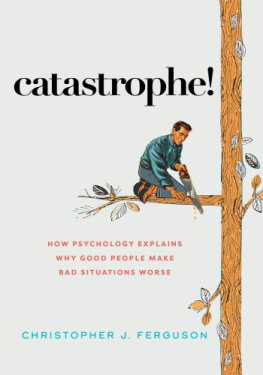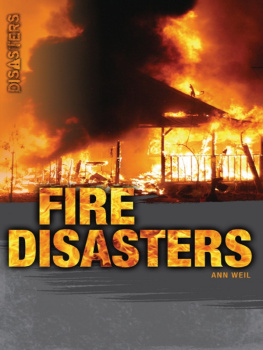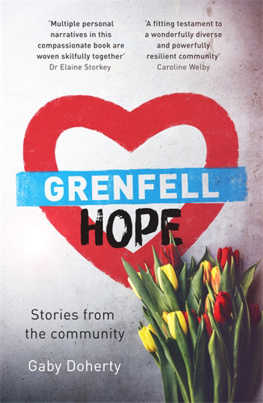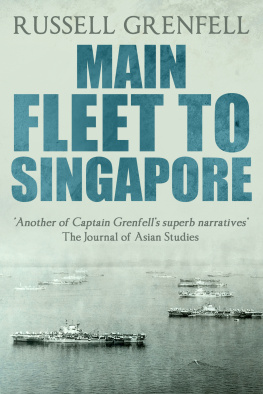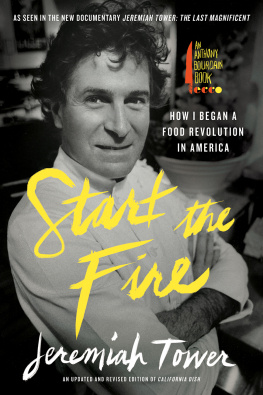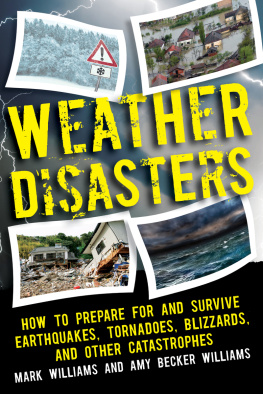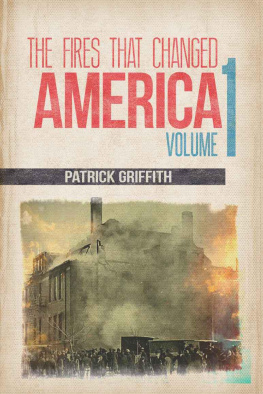Perspectives Series editor: Diane Coyle
The BRIC Road to Growth Jim ONeill
Reinventing London Bridget Rosewell
Rediscovering Growth: After the Crisis Andrew Sentance
Why Fight Poverty? Julia Unwin
Identity Is The New Money David Birch
Housing: Wheres the Plan? Kate Barker
Bad Habits, Hard Choices: Using the Tax System to Make Us Healthier David Fell
A Better Politics: How Government Can Make Us Happier Danny Dorling
Are Trams Socialist? Why Britain Has No Transport Policy Christian Wolmar
Travel Fast or Smart? A Manifesto for an Intelligent Transport Policy David Metz
Britains Cities, Britains Future Mike Emmerich
Before Babylon, Beyond Bitcoin: From Money That We Understand To Money That Understands Us David Birch
The Weaponization of Trade: The Great Unbalancing of Politics and Economics Rebecca Harding and Jack Harding
Driverless Cars: On a Road to Nowhere Christian Wolmar
Digital Transformation at Scale: Why the Strategy Is Delivery Andrew Greenway, Ben Terrett, Mike Bracken and Tom Loosemore
Gaming Trade: WinWin Strategies for the Digital Era Rebecca Harding and Jack Harding
The Currency Cold War: Cash and Cryptography, Hash Rates and Hegemony David Birch
Copyright 2021 Gill Kernick
Published by London Publishing Partnership
www.londonpublishingpartnership.co.uk
Published in association with
Enlightenment Economics
www.enlightenmenteconomics.com
All Rights Reserved
ISBN: 978-1-913019-30-3 (iPDF)
ISBN: 978-1-913019-31-0 (epub)
A catalogue record for this book is
available from the British Library
This book has been composed in Candara
Copy-edited and typeset by
T & T Productions Ltd, London
www.tandtproductions.com
Back cover author photograph taken by
Mike Reynolds ()
Introduction: the book I wish Id never had to write
We used to play in the hallways because it was pretty big. We had a nice little group on that floor.
Lulya, 12, survivor from the twenty-first floor of Grenfell Tower
It was like a burnt matchbox in the sky.
It was black and long and burnt in the sky.
Ben Okri, Grenfell Tower, June 2017
Why this book?
I lived on the twenty-first floor of Grenfell Tower from 2011 to 2014. On 14 June 2017, seven of my former neighbours died in the fire. This book is dedicated to them.
But my interest in Grenfell is not only personal. Professionally I work in high-hazard industries, partnering with organizations to build their leadership capabilities and culture in order to prevent catastrophic events. As I watched the tower burn, I promised to ensure that we learned to make those lost lives count in some way.
In the immediate aftermath I was hopeful.
Catastrophic events have the power to be disruptive and bring about lasting change. I worked in the oil and gas industry in the aftermath of the explosions at the Texas City refinery (2005; fifteen deaths) and the Gulf of Mexico Macondo well (2010; eleven deaths and the industrys biggest ever environmental disaster). I travelled the world from Australia to Algeria, from Jakarta to Oman delivering training to help embed the cultural and leadership lessons from those tragedies. I have spent my career working with people who are courageous enough to look at themselves in the mirror and confront their own failings as leaders. Ive heard too many stories of loss, of pain. And Ive witnessed what is possible when people come together, authentically, willing to show their vulnerability and to learn and build robust cultures, in order to prevent more suffering.
I therefore naively imagined that the worst residential fire in London since World War II a fire that killed seventy-two people in the UKs richest borough would engender a desire to learn and change.
I was wrong.
I went from being hopeful, to discovering there had been multiple failed opportunities to learn, to realizing that, far from being an isolated bad building, Grenfell revealed systemic failures in building safety and construction across the country, leaving thousands of people living in unsafe homes.
History predicted that wed find out what happened, identify lessons and then fail to learn them.
Rather than focus only on Grenfell, I needed to understand why we dont learn from catastrophic events more broadly. Whether it be the Covid-19 pandemic or the Boeing Max air disasters, there is an awful sameness to these tragedies, a horrific unifying failure to heed plentiful warnings and change.
In an attempt to understand why our failure to learn makes sense, this book explores two questions.
- Why dont we learn?
- What would it take to enable systemic change?
Both a personal and a professional account of my own investigations and reflections, its intent is to promote enquiry and debate in the hope that it will help us learn from and therefore prevent catastrophic events. I offer a model of systemic change, not as a definitive solution but rather as a framework to evoke reflection.
But first, lets step back in time.
It was the sky that decided us
In 2011 my husband, Keith, and I had returned to London after living abroad, and we wanted to rent in North Kensington for a couple of years while we saved for a deposit. Sick of looking at ridiculously overpriced basement flats with no light or space, a high-rise apartment caught my eye.
It was on the twenty-first floor of Grenfell Tower.
I remember the precise moment I walked in: the first view of the bedroom and then down the hall to the open-plan living area, the dual-aspect windows, the light, the sky the space. Breathtaking. Keith and I looked at each other, nodded, then turned to the agent: where do we sign?
It remains one of the most beautiful places Ive lived, with the indescribably exquisite colours of the sunsets visible from its windows, and the views of the fireworks on New Years Eve and bonfire night little jewels lighting up the horizon. Perched high, watching the slinky movements of the Tube trains as they pulled into and out of Latimer Road station. The jumbled network of cars and roads, and little stick figures walking around. Wed imagine it was a model railway set, like my grandad used to build. One of our windows looked directly onto the (in)famous brutalist streets in the sky Trellick Tower. Falling in love with high-rise living, wed dream of buying a flat there.
There were six flats on each floor at Grenfell. Three families lived on our floor; wed chat in the lift, and always take in parcels for one another. The children used to play in the lift lobby, screeching and laughing. Sometimes wed leave the door open and theyd sneak in, giggling, before running away as soon as they saw us. Teenager Yasin was curious about my work, and he used to tell me how he wanted to start his own business. Hed knock on the door to borrow our bicycle pump. Once, Andreia discovered it was Keiths birthday and showed up with a cake.

